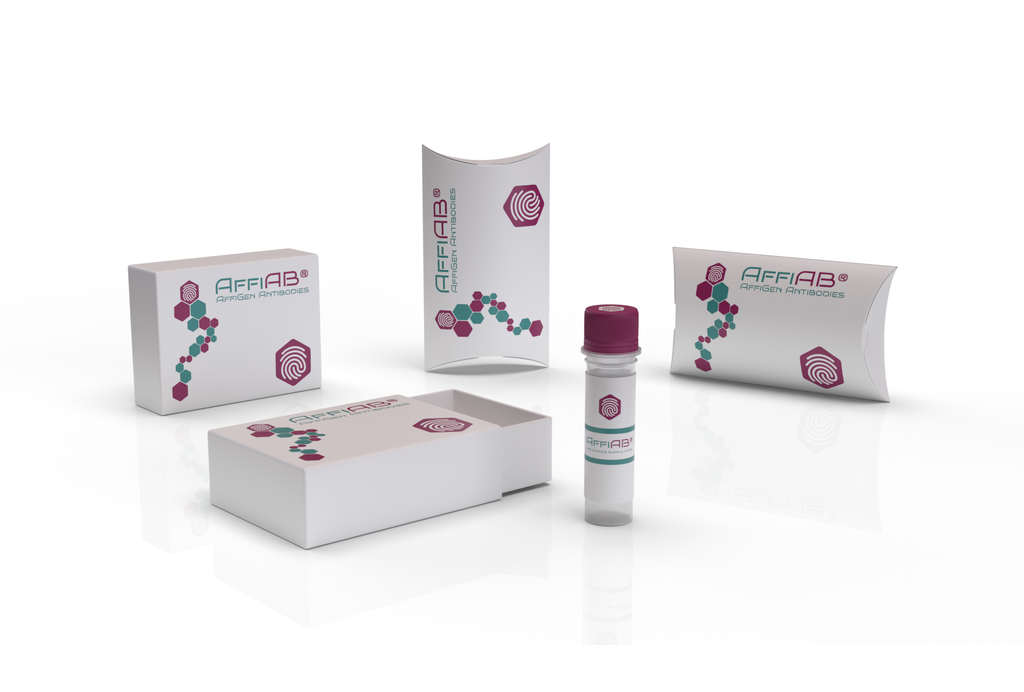AffiAB® Anti-USP8 Antibody
Hydrolase that can remove conjugated ubiquitin from proteins and therefore plays an important regulatory role at the level of protein turnover by preventing degradation. Converts both 'Lys-48' an 'Lys-63'-linked ubiquitin chains. Catalytic activity is enhanced in the M phase. Involved in cell proliferation. Required to enter into S phase in response to serum stimulation. May regulate T-cell anergy mediated by RNF128 via the formation of a complex containing RNF128 and OTUB1. Probably regulates the stability of STAM2 and RASGRF1. Regulates endosomal ubiquitin dynamics, cargo sorting, membrane traffic at early endosomes, and maintenance of ESCRT-0 stability. The level of protein ubiquitination on endosomes is essential for maintaining the morphology of the organelle. Deubiquitinates EPS15 and controles tyrosine kinase stability. Removes conjugated ubiquitin from EGFR thus regulating EGFR degradation and downstream MAPK signaling. Involved in acrosome biogenesis through interaction with the spermatid ESCRT-0 complex and microtubules. Deubiquitinates BIRC6/bruce and KIF23/MKLP1. Deubiquitinates BACE1 which inhibits BACE1 lysosomal degradation and modulates BACE-mediated APP cleavage and amyloid-beta formation.
Antibody type
Rabbit polyclonal Antibody
Uniprot ID
SwissProt: P40818 Human; SwissProt: Q80U87 Mouse; Entrez Gene: 296121 Rat
Recombinant
NO
Conjugation
Non-conjugated
Host
Rabbit
Isotype
IgG
Clone
N/A
KO/KD
N/A
Species reactivity
Human, Mouse, Rat
Tested applications
WB, IHC-P
Predicted species reactivity
N/A
Immunogen
Recombinant protein within human USP8 aa 1-250.
Storage
Store at +4°C after thawing. Aliquot store at -20°C. Avoid repeated freeze / thaw cycles.
Form
Liquid
Storage buffer
PBS (pH7.4) , 0.1% BSA, 40% Glycerol. Preservative: 0.05% Sodium Azide.
Concentration
2.3 mg/ml
Purity
Immunogen affinity purified.
Signal pathway
N/A
Recommended dilutions
WB: 1:1, 000
; IHC-P: 1:1, 000
Molecular Weight
Predicted band size: 128 kDa
Subcellular location
Cytoplasm, Cell membrane, Nucleus.
Positive control
A375 cell lysate, A431 cell lysate, HepG2 cell lysate, 293T cell lysate, MCF-7 cell lysate, mouse testis tissue lysate, SK-Br-3 cell lysate, F9 cell lysate, rat lung tissue lysate, Hela cell lysate, mouse kidney tissue, human colon carcinoma tissue.
